
Emerging biologic combinations may open a new therapeutic frontier for severe hidradenitis suppurativa (HS) that fails to respond to conventional and single-pathway biologics.
Jennifer Lightowler, MMSc, PA-C, is a board-certified dermatology physician assistant and medical writer in Connecticut.

Emerging biologic combinations may open a new therapeutic frontier for severe hidradenitis suppurativa (HS) that fails to respond to conventional and single-pathway biologics.
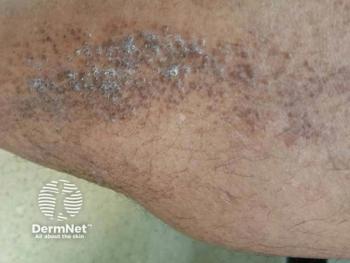
Selective JAK1 inhibition with upadacitinib may offer a fast-acting, steroid-sparing option for refractory lichen amyloidosis by interrupting IL-31–mediated itch and the itch–scratch cycle.

GLP-1 receptor agonists may indirectly affect dermatologic outcomes by targeting inflammation and metabolic comorbidities.

Tofacitinib shows promise in treating vitiligo secondary to discoid lupus erythematosus, achieving significant repigmentation and lesion resolution.

Although bimekizumab carries a precaution for suicidal ideation and behavior, current data suggest it may improve mental health outcomes for patients with psoriasis.
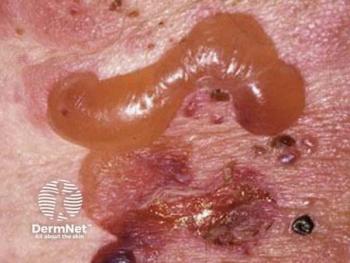
Upadacitinib’s targeted inhibition of JAK1 offers a novel strategy for managing bullous pemphigoid and, in rare, treatment-resistant cases, may induce sustained remission following immune modulation.
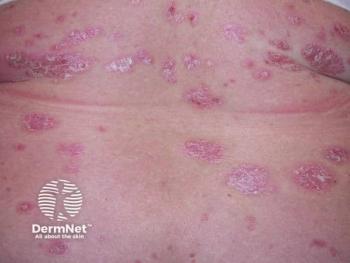
Abrocitinib’s targeted inhibition of JAK1 offers effective control of AD, but may, in rare instances, lead to a shift in immune expression resulting in paradoxical psoriasis.

Explore the potential of GLP-1 receptor agonists in psoriasis management, highlighting their immunomodulatory effects and metabolic benefits for patients.

CD19 CAR T-cell therapy may modulate immune dysregulation in underlying diseases such as psoriasis.

Published: October 20th 2025 | Updated:
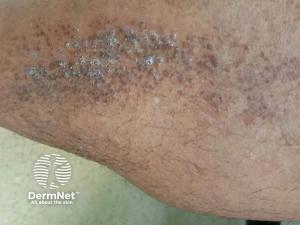
Published: October 10th 2025 | Updated:
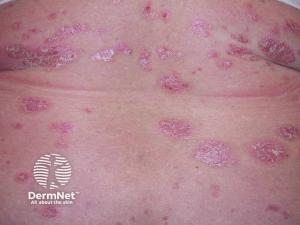
Published: May 9th 2025 | Updated:

Published: August 27th 2025 | Updated:
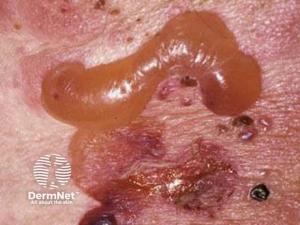
Published: June 19th 2025 | Updated:

Published: July 7th 2025 | Updated: